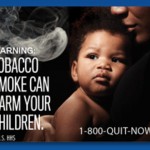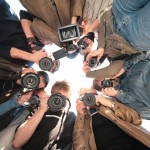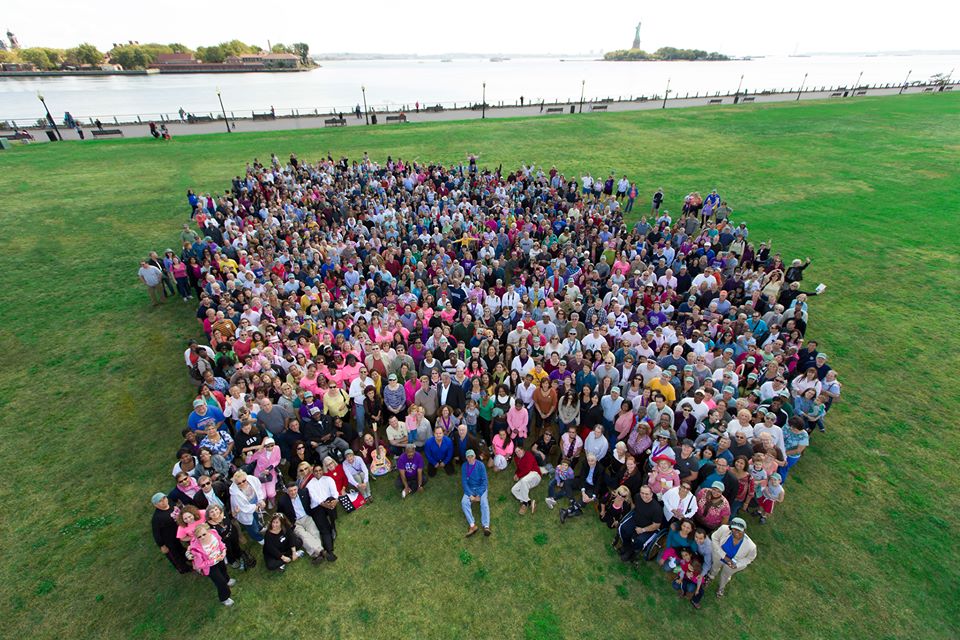I have a confession. I have a problem unique for an Oncologist north of the Mason-Dixon Line. No, I am not addicted to grits, although they are a favorite dish. Giants over Dallas every time. The truth be told is, well…. I am a rabid NASCAR fan.
I love the speed, power and roar of the oval track. 865 horses in 3400 pounds of steel at 200 down the stretch is a perfect time. The people, smells and excitement of a 104-octane afternoon are heaven. Three wide on the outside speaks to my soul.
There is one race left in the “Chase,” and my man Tony Stewart (14) is only three points out of “The Championship” lead. This weekend at Homestead, Fla., promises to be a confrontation for the ages. Carl Edwards (99) must go down.
Therefore, as I am thrilled by these final 2011 season days, I find myself mulling over the connections of NASCAR to life. Can we mine parallels between asphalt tracks and the linoleum halls? Are there lessons about beating cancer from those committed to fight for the lead?
On a superficial level, auto racing is an isolated sport. On the track, each driver is alone in his car fighting for position. He can depend on no one else. At first so it seems with cancer. A solitary battle against a terrible foe.
In reality out on the raceway, each driver is part of a large and complex team. His spotter and crew chief speak by radio in his ear, calming and guiding. His pit crew is ready with advice, repairs and fuel. Tire changers, mechanics, body men are matched in the cancer war by friends, nurses and doctors. The isolated man is an illusion. Cancer is a team sport.
Anyone that follows NASCAR understands the importance of family. Teams are full of multiple family members who have been racing for generations. Men drive cars built by brothers bought by fathers. It is the same in the stands. The most common group is a wife, husband, son, and daughter with grandfather. So it is in the cancer race. Families feel and fight cancer together. For most, family is at the core of the battle.
Both cancer and racing are subject to random events. The best driver may lose because of a blown tire and the least skilled may win by missing a wreck. Random events often lead to the first cancer occurrence, as well as response to therapy or side effects. Neither is fair. Winners are the ones that prepare for change and adjust when it happens.
Patience and perseverance are critical to racing and to fighting cancer. Both require commitment in preparing and getting through. Passion and aggression are rewarded. Neither is won by the timid. Power comes from machine, but passion must come from man.
Perhaps, most important, in NASCAR racing and fighting cancer, it is not winning that is most important. The goal is to survive. Every driver that crosses the line finishes the race. It is through spirit, teamwork and commitment that we go all the way.






2 Comments